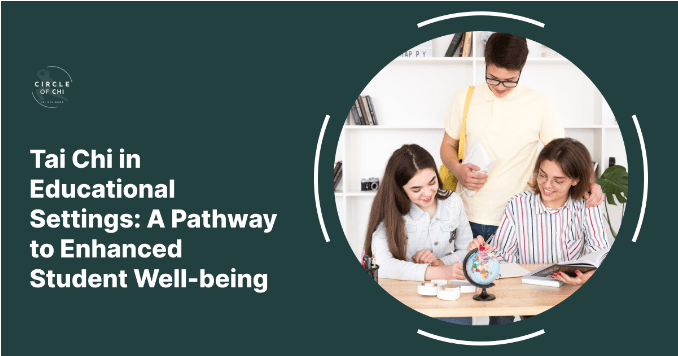Key Takeaways Table
| Key Aspect | Benefits of Tai Chi | Impact on Students |
|---|---|---|
| Mental Acuity | Improves focus and clarity of thought | Enhances academic performance and concentration |
| Mood Stability | Promotes balanced and stable moods | Aids in better social interactions and personal well-being |
| Physical Health | Boosts overall fitness and immune function | Leads to healthier lifestyle choices |
| Sleep Quality | Enhances sleep patterns and quality | Contributes to better rest and recovery |
| Stress Management | Reduces perceived stress levels | Lowers instances of academic burnout |
| Anxiety and Depression | Alleviates symptoms | Supports mental health and emotional balance |
Introduction to Tai Chi in Educational Settings
Tai Chi, an ancient Chinese martial art known for its health benefits and mindfulness practices, is increasingly being integrated into educational environments to support the well-being of students. As Circle of Chi explains, Tai Chi is not just a physical exercise but a holistic approach to wellness, blending physical movement with mental and emotional balance.
Why Tai Chi is Beneficial for Students
Educational institutions are recognizing the importance of Tai Chi in promoting mental, physical, and emotional health among students. The gentle, flowing movements of Tai Chi, coupled with deep breathing and mental focus, offer a unique combination of benefits, especially crucial in the high-stress environment of schools and colleges.
Psychological Benefits
Research highlighted by sources such as the Wisconsin Tai Chi Academy and Biomed Central’s Systematic Reviews underscores the significant psychological benefits Tai Chi offers to students, including:
- Decreased symptoms of stress, anxiety, and depression.
- Enhanced mood and interpersonal skills.
- Improved focus and attention, crucial for academic success.
Physical Health Improvements
Tai Chi’s benefits extend to physical health, with students experiencing:
- Better overall fitness and immune function.
- Improved sleep quality.
- Reduced blood pressure.
Academic Performance
The impact of Tai Chi on students’ concentration, stress levels, and overall well-being can indirectly lead to enhanced academic performance. By fostering a balanced state of mind, Tai Chi helps students approach their studies with greater clarity and focus.
Implementing Tai Chi in Education
Incorporating Tai Chi into the curriculum or as an extracurricular activity can be a valuable addition to educational institutions. Learn more about Tai Chi and its implementation in educational settings. Programs tailored to the unique needs of students can be found worldwide through resources like finding a local class.
The Circle of Chi Approach
At Circle of Chi, Tai Chi is taught not just as a form of exercise but as a way of life. Their unique approach to teaching Tai Chi, known as Dao Tai Chi Gung, focuses on the holistic development of individuals. This method can be particularly beneficial in educational settings, where students are in the formative stages of developing lifelong habits and coping mechanisms.
Resource Accessibility for Students and Educators
To facilitate the integration of Tai Chi into educational settings, resources such as instructional materials and training programs are essential. Educators can explore Circle of Chi’s teacher and adept training to develop skills necessary for teaching Tai Chi effectively. Additionally, students can access beginner-friendly resources like learning the basic Tai Chi moves for beginners to start their Tai Chi journey.
Tailoring Tai Chi for Student Needs
Each student’s experience with Tai Chi can be unique, depending on their individual needs and circumstances. To address this, Circle of Chi’s Art of Movement offers guidance on customizing Tai Chi routines. For students looking to practice in the comfort of their homes, Home Harmony Tai Chi exercises provide an excellent starting point.
Conclusion
Integrating Tai Chi into educational settings offers a multifaceted approach to enhancing student well-being. By addressing mental, physical, and emotional health, Tai Chi can play a significant role in helping students navigate the challenges of their academic and personal lives.
Educational institutions looking to adopt this practice can find a wealth of resources and support from platforms like Circle of Chi. Whether it’s through formal classes, self-study, or teacher training, Tai Chi presents a valuable tool for student development and well-being.
For more information on Tai Chi and its benefits, visit Circle of Chi.

